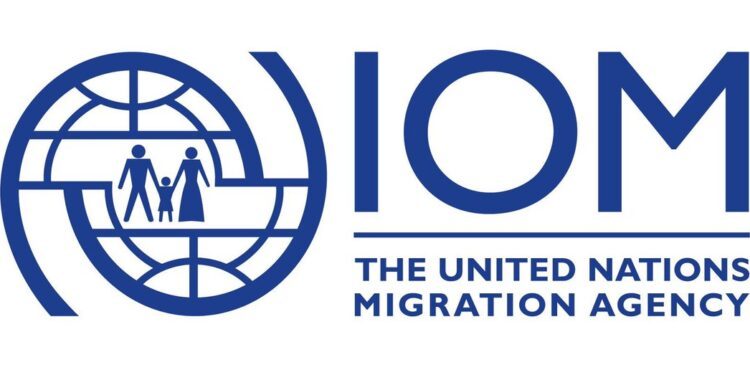Africa is responsible for less than four per cent of global emissions, but it is among the most heavily impacted by climate change, according to the International Organization for Migration (IOM).
The IOM said rising droughts, floods, and environmental degradation are driving displacement across the continent, leaving millions vulnerable.
In a statement on Monday, the organisation urged a shift in perspective, positioning human mobility as a catalyst for adaptation and sustainability.
According to IOM, the approach aligns with its Continental Strategy for Africa 2025–2029, which prioritises African-led, evidence-based solutions for building community resilience.
It issued the statement as the Second Africa Climate Summit (ACS2) takes place in Addis Ababa from September 8 to 10.
“As Africa confronts some of the world’s most pressing climate challenges, IOM is urging a strategic approach to climate-driven migration that supports adaptation and resilience.
“This call will be highlighted at the ACS2, where more than 25,000 delegates, including African leaders and experts, are convening to address the continent’s urgent climate priorities,” it said.
It quoted its chief of staff, Mohammed Abdiker, as saying that climate-induced mobility presented not only challenges but also opportunities to shape Africa’s future.
“IOM’s research shows that when migration is integrated into climate action, cities can become spaces of innovation and inclusion, offering people safer livelihoods and stronger social cohesion,” it quoted Mr Abdiker as saying.
It also quoted Mr Abdiker as saying that harnessing the opportunities would be key for Africa to lead with solutions that would reflect its realities and ambitions.
IOM also quoted its director of climate action, Rania Sharshr, as saying that climate, mobility, and security should not be seen as separate issues.
“Together with the African Union and partners, IOM is showing that when managed inclusively, human mobility can be more than a coping mechanism,@ the director said.
Topics at the summit will be on climate policy, regional cooperation, and urban adaptation.
Some sessions will focus on migration’s role in peacebuilding, strengthening displacement preparedness, and ensuring meaningful youth engagement in policy processes.
Also, climate, peace, and security are high on the ACS2 agenda, with IOM, the African Union, and the Intergovernmental Authority on Development jointly convening several high-level discussions.
Climate change acts as a risk multiplier for conflict and displacement in regions such as the Sahel, Horn of Africa, and Lake Chad Basin.
IOM called for resources and inclusive decision-making to match ambition.
It also emphasised the leadership of women and youth in resilience-building efforts and championing mobility as a driver of Africa’s innovation and sustainable development in the face of growing climate challenges.
(NAN)






